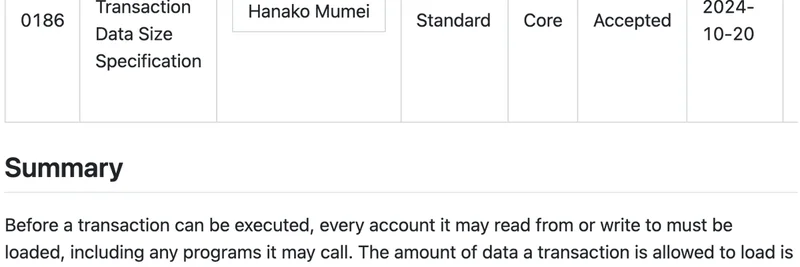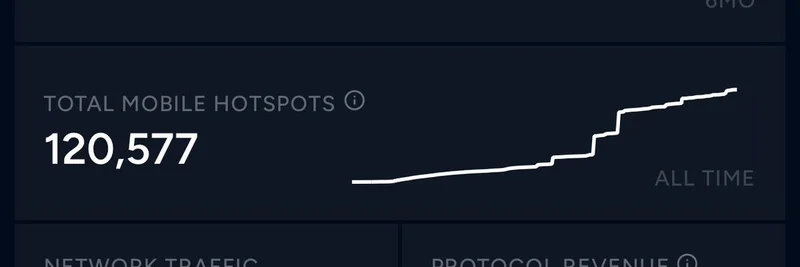Hey there, Solana enthusiasts! If you're diving into the world of blockchain development, especially on Solana where meme tokens are all the rage, you've got to stay on top of the latest tech updates. Recently, the folks at Anza dropped a thread on X about SIMD-0186, a proposal that's set to make transaction handling a whole lot smoother. Let's break it down in simple terms, shall we?
What is SIMD-0186 All About?
SIMD stands for Solana Improvement Document, basically a way for the community to propose and discuss enhancements to the Solana network. SIMD-0186 focuses on something called "Loaded Transaction Data Size Specification." In plain English, it's about standardizing how Solana calculates the total amount of account data that a transaction loads up.
Before this, the way data sizing was handled was a bit messy and complicated. It led to unpredictable results, especially with things like the BPF Upgradeable Loader—a tool that helps manage upgradable programs on Solana. This complexity made it tough for different client implementations to agree on the same calculations, which could risk network consensus.
The Fixes and How It Works
The beauty of SIMD-0186 is its simplicity. It lays out clear rules: Each loaded account gets counted just once. For programs using the BPF Upgradeable Loader, you add in their program data plus 64 bytes for metadata. And if there are Address Lookup Tables (ALTs)—which are like shortcuts for addressing multiple accounts—you tack on a flat 8,248 bytes each.
This standardization ensures every validator client computes the same size for transaction data, eliminating those pesky edge cases and making things predictable.
Why Should Devs Care?
If you're building on Solana, whether it's a hot new meme token or a DeFi app, this matters big time. There's a hard limit of 64MB for loaded account data per transaction. With the new calculation method, some transactions might now exceed this limit and fail, while others could come in under and perform better.
You can adjust this limit using the SetLoadedAccountsDataSizeLimit instruction in the compute budget. Lowering it could even give your transactions a scheduling boost since they cost less in fees. It's all about optimizing performance and keeping your dApps running smoothly.
Plus, this limit helps validators manage resources predictably, similar to how compute units (CUs) cap processing power per transaction. With a default of 64MB (equivalent to 16k CUs), it's designed to keep the network stable and efficient.
The Bigger Picture for Solana and Meme Tokens
For meme token creators on Solana, where speed and low costs are key to going viral, updates like this are crucial. Predictable transaction sizing means fewer surprises when deploying or interacting with your tokens. It simplifies development, reduces bugs, and ultimately makes the ecosystem more robust for everyone.
If you want to dive deeper, check out the full proposal on GitHub here. And big shoutout to the Solana Devs community for spotlighting this—keeping us all in the loop!
What do you think? Will this change how you approach Solana development? Drop your thoughts in the comments or hit us up on X. Stay tuned for more insights right here at Meme Insider. 🚀



